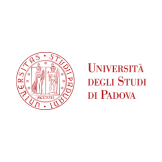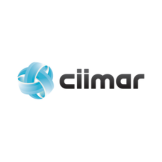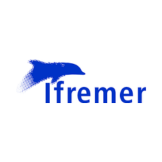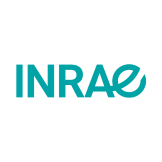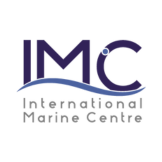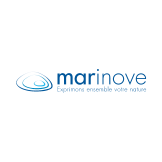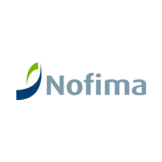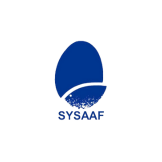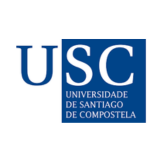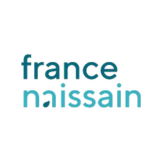SHELLFISHBOOST
Boosting the resilience of European shellfish production against climate change-related challenges through genetic selection
Key facts
Status: ongoing
Duration:
1 May 2024 - 1 May 2027
Theme:
Blue bioresources and blue food
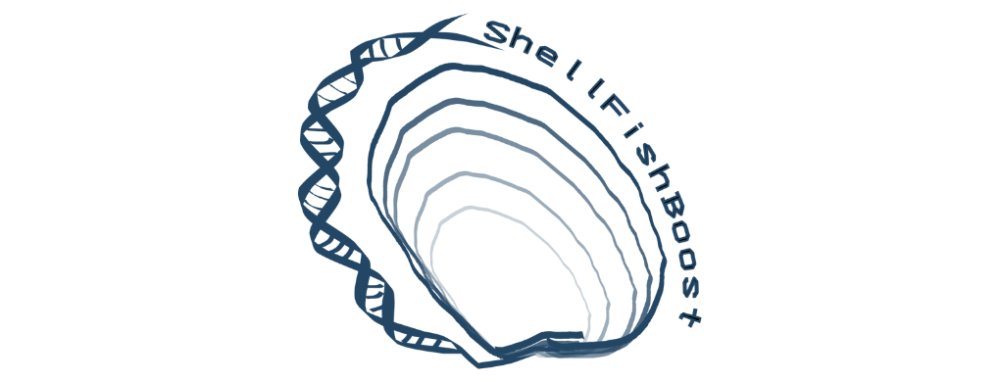
Contact
Description
Bivalve aquaculture has become increasingly important sector of global blue bioeconomy in recent years due to its numerous environmental, economic, and social benefits. Shellfish farming is considered sustainable and environmentally-friendly compared with other aquaculture species as it is low trophic, has a very limited carbon footprint, and it provides multiple ecosystem services. Shellfish production is already facing major challenges due to direct and indirect effects of climate change and such challenges will become even more serious in the future.
The long-term goal of ShellFishBoost is to mitigate the effects of climate change on the bivalve production with the ultimate impact of protecting and developing a vital blue bioeconomic sector in Europe. To achieve this goal, the project has been co-designed together with key stakeholders (bivalve hatcheries, shellfish producers and their organizations) first by identifying the major problems for each main bivalve species farmed in Europe. The main objectives of ShellFishBoost are the development/optimisation of advanced tools for genetic selection (molecular tools, optimized breeding schemes) and the estimate of genetic parameters for key traits (growth, resistance to heat-waves, salinity stress, summer mortalities, and presence of harmful algal toxins). A third major objective is the co-creation of best practices for selective breeding in each target species, together with industrial partners of ShellFishBoost and other relevant stakeholders (producer associations and other bivalve hatcheries). Project activities will be divided into five problem-focused workpackages (WPs). WP1 will develop and optimize advanced tools for genetic selection. WP2 will estimate genetic parameters and identify Quantitative Trait Loci (QTLs) for disease resistance in oysters and clams. WP3 will estimate genetic parameters and identify QTLs for resilience to climate-related challenges in oysters and clams. WP4 will estimate genetic parameters and identify QTLs for reduced toxin accumulation in mussels. WP5 will co-create best practices and strengthen the capacities for selective breeding in bivalves. ShellFishBoost fully embraces the approach based on the “Theory of Change”. WP5 objective is to effectively translate projects outputs into positive outcomes for European shellfish farming sector, to achieve the ultimate impact of improving the resilience of the sector against climate change effects.


